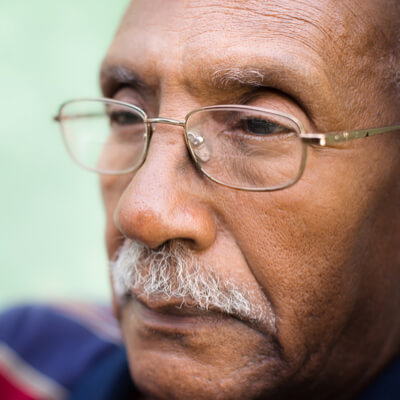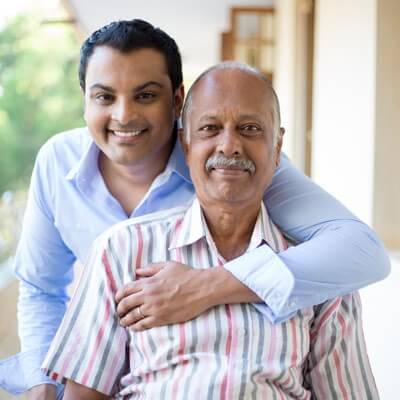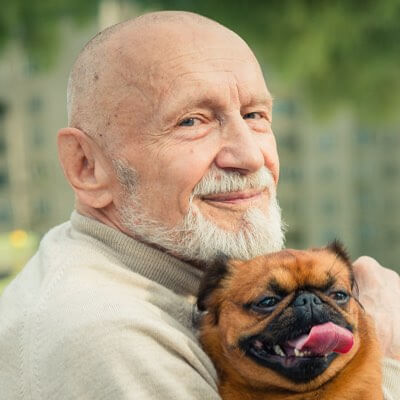Thinking now for peace of mind later
It’s never easy to think about future medical decisions; especially if it involves someone else making decisions on your behalf. As you think about the following stories, consider how you might feel if you were in their position. What would you want? What would you want to avoid?

Consider the story of Mr. Costello who has dementia:
Frank Costello was diagnosed four years ago with Alzheimer’s disease. He has a daughter who is his health care proxy (legal decision maker) and a son who lives far away. Over time, the disease has affected his ability to think clearly, make decisions and recognize family. He doesn’t even recognize his daughter who visits him every day. Recently, Mr. Costello has been losing weight because he doesn’t feel hungry.
Mr. Costello’s daughter has a difficult decision to make: Should they put in a feeding tube to give him artificial nutrition and fluids? Or decide not to put the feeding tube in because his body is telling him it doesn’t want food? The doctors explain its natural for people with advanced dementia to reject food as the body prepares for death. But even so, some families decide to use a feeding tube.



Different people want different things. Consider Grace Chen's story:
Grace Chen was 35 years old when she was suddenly hit by a car while riding her bike. She went into a coma at the hospital, which meant she was unable to speak, eat or breathe. She had a ventilator (breathing machine) and a feeding tube (for food and fluids) in her mouth to keep her alive.
Her parents were next of kin and had to make decisions on her behalf: Should they keep her on these machines hoping that she will come out of the coma, knowing she might have some level of brain damage? Or, do they remove the machines after hearing from the doctors that the longer she remains in the coma, the less chance there is for her to wake up?


